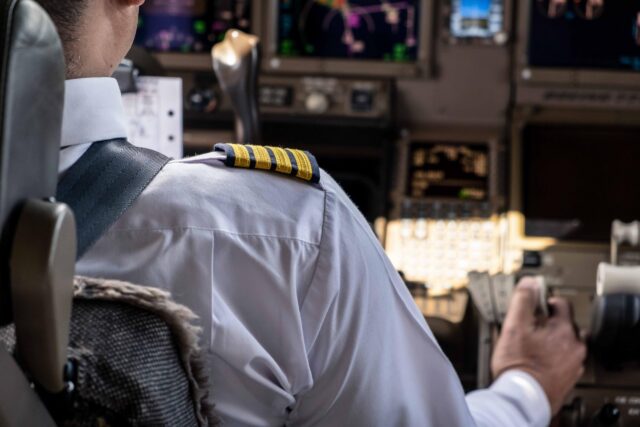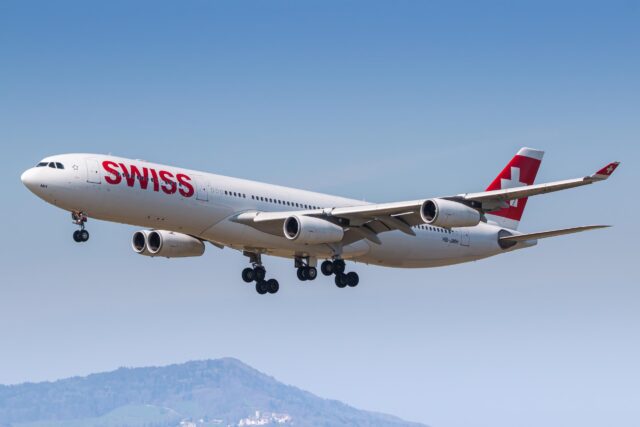Finnair becomes 1st airline to offer seat+WiFi bundle with new ancillary technology

September 24, 2025

Finnair has become the first airline to launch an ancillary bundle that combines seat selection and in-flight WiFi. The discounted package is powered by Amadeus technology. It builds on Finnair’s adoption of native orders earlier this year.
The seat and WiFi bundle is available on routes where full internet service is offered. The airline is first rolling it out in select European markets and will expand globally this autumn. Finnair plans to add other seat and ancillary combinations later, including meals, carry-on, lounge access, and priority boarding.

“Dynamic product bundling gives customers more control and choice,” said Antti Kleemola, Finnair’s Chief Digital Officer. “For an airline, this means an enhanced ability to personalise offers and improve the customer’s purchase experience.”
Finnair transitions from PNRs to native orders
Finnair introduced native orders in May 2025, the world’s first airline to do so. The Amadeus system replaces Passenger Name Records (PNRs) with a single order that contains all customer details, including flights, services, and preferences.
Native orders facilitate easier sales, management, and modification of ancillary products for airlines. The change also allows for more retail-style offers.

“This is a massive technological transformation, where everything changes: architecture, integration, data, applications, processes, ways of working. However, it is even more of a business transformation, enabling us to rethink how we best serve our customers in the digital channels,” said Tiina Vesterinen, Finnair VP Digital Customer and Revenue, in the airline’s announcement this May.
Airlines view ancillaries as a growing source of revenue, and bundles encourage customers to purchase multiple services together at a better price.
Launching In-Flight Connectivity as a test case for custom bundles
Finnair’s pick for its native order bundle, which includes a seat with a WiFi pass, could increase passenger uptake of in-flight connectivity, while making the service more affordable for travellers.
IFEC hardware can cost around $150,000 per aircraft, with monthly service fees up to $25,000. Airlines are seeking new ways to offset those costs.
Airlines have experimented with various ways to cover the connectivity bill over the years, from offering in-flight passes to securing sponsorships and exploring ad and retail revenue opportunities. Some, like American Airlines and Alaska Airlines, now link WiFi access to their loyalty membership programs. American offers free WiFi for AAdvantage members through a deal with AT&T. Alaska provides free Starlink WiFi to its Mileage Plan members, supported by T-Mobile.

Airlines worldwide have found that ancillary sales are significant revenue drivers. Low-cost carriers have long offered ancillaries with tickets, including extra-legroom seats and priority boarding. Full-service airlines have also added similar ancillary options to their booking flow and turned to fare families that group meals, baggage, and seats.
Finnair’s approach relies on a new digital retailing framework that can refine bundles further to create more tailored offerings. Native orders allow personalised offers and dynamic pricing, features that legacy systems cannot support.
As more airlines rethink their approach to ancillary sales, custom bundles may become the standard way to add products and services in the future.
















